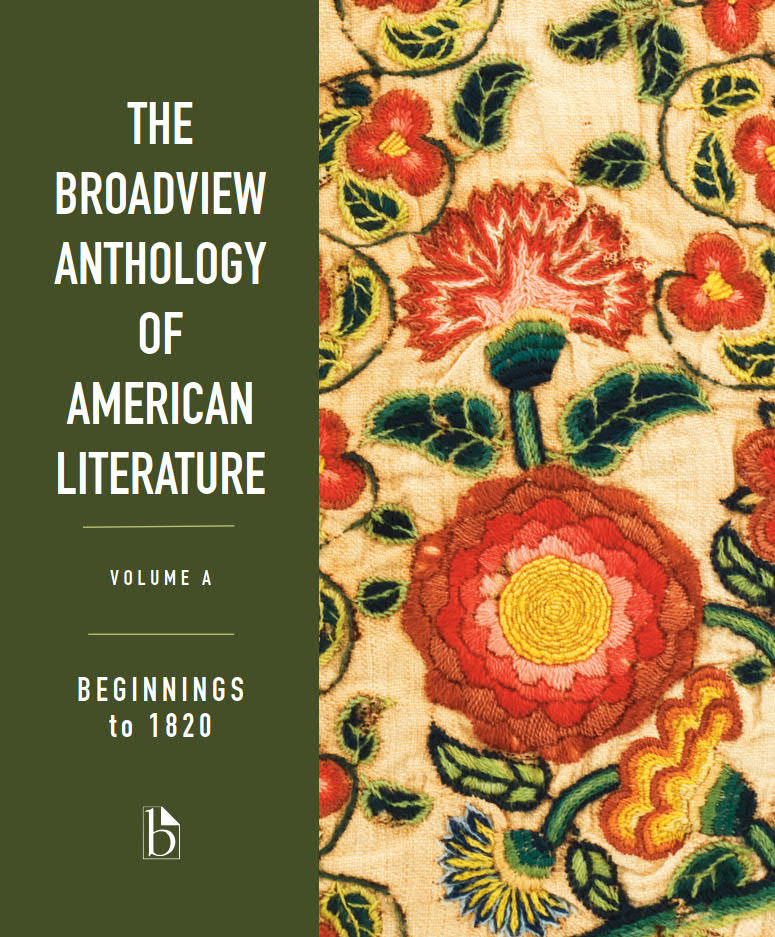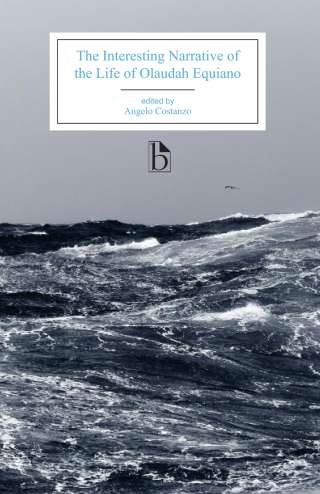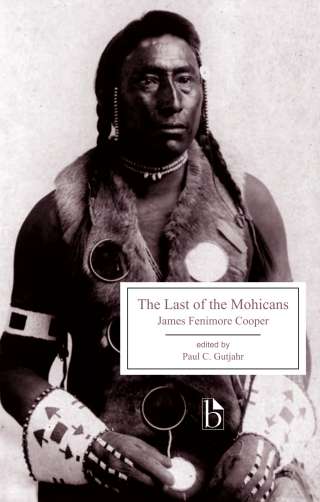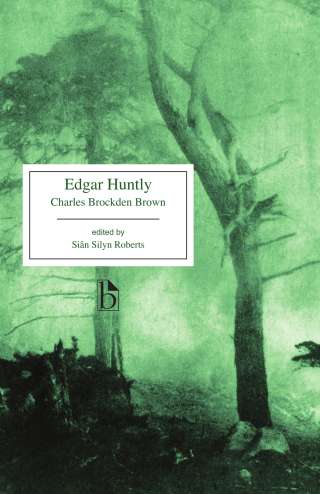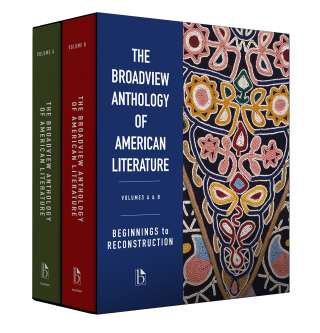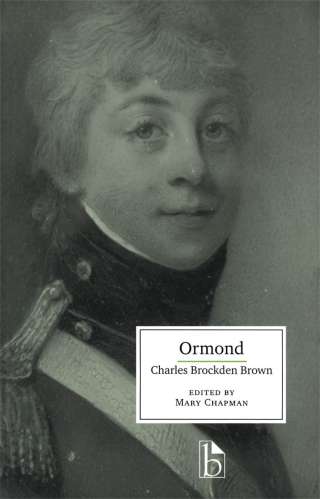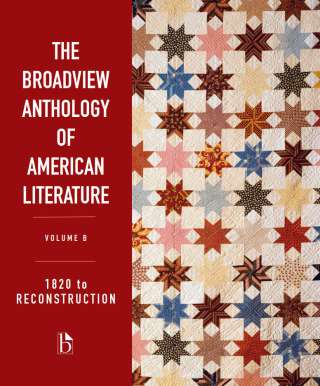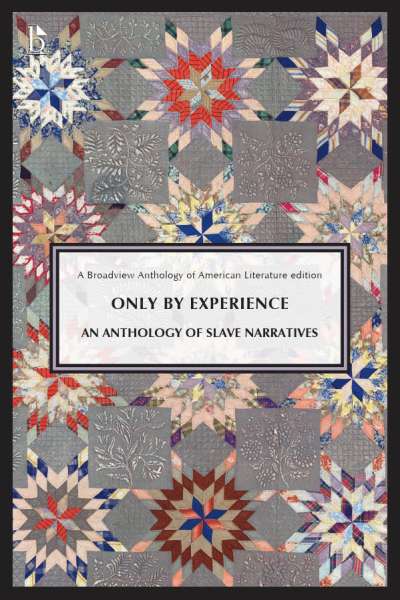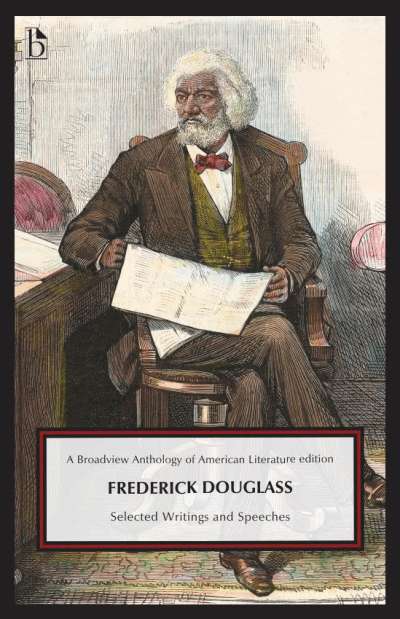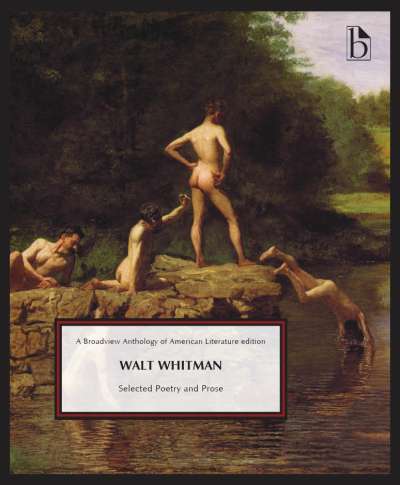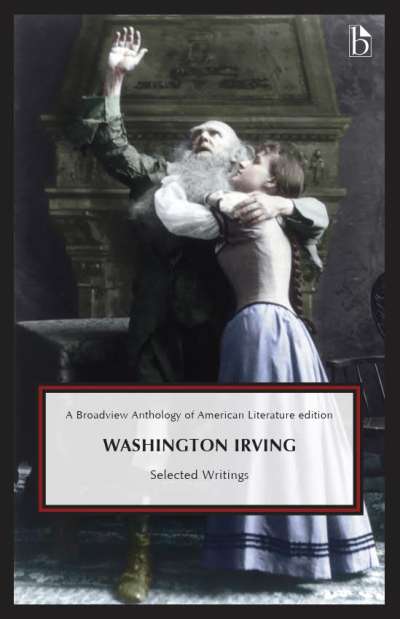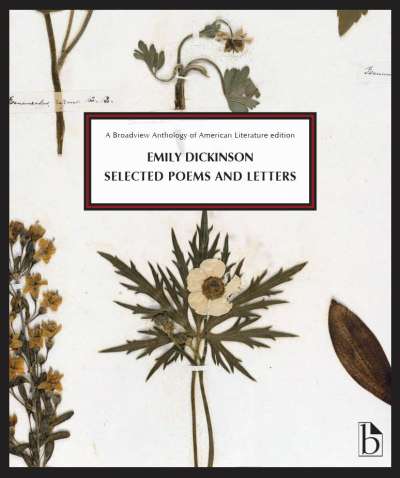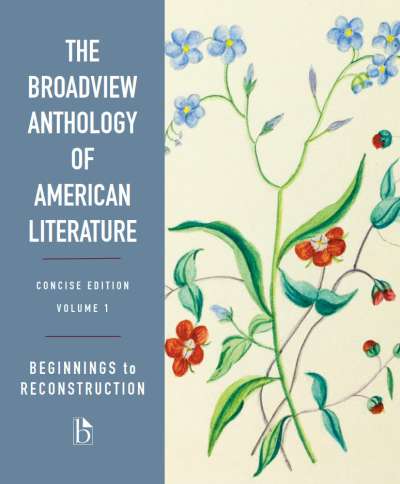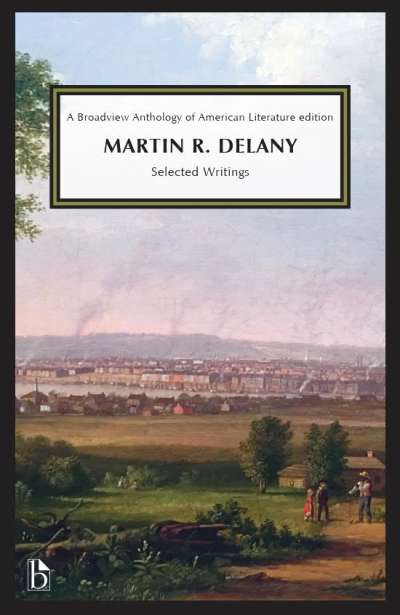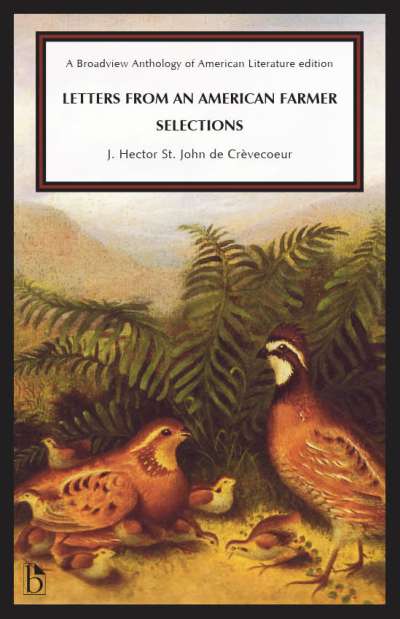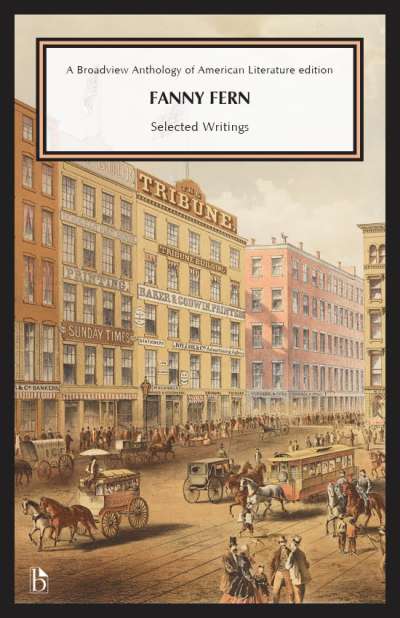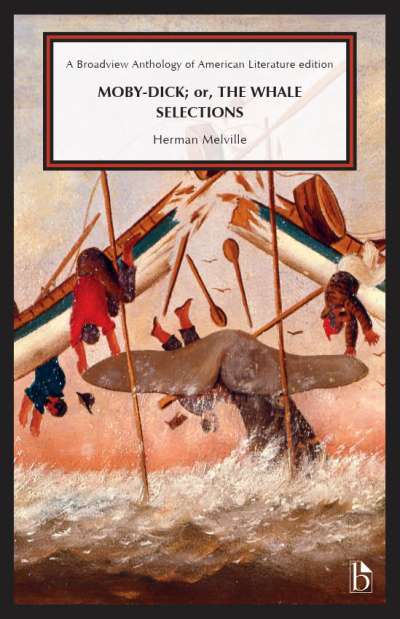Covering American literature from its pre-contact Indigenous beginnings through the Reconstruction period, the first two volumes of The Broadview Anthology of American Literature represent a substantial reconceiving of the canon of early American literature. Guided by the latest scholarship in American literary studies, and deeply committed to inclusiveness, social responsibility, and rigorous contextualization, the anthology balances representation of widely agreed-upon major works with an emphasis on American literature’s diversity, variety, breadth, and connections with the rest of the Americas.
Volume B, which covers 1820 to Reconstruction, is available separately or packaged together with Volume A; a concise volume covering Beginnings to Reconstruction is also available. A volume covering Reconstruction to the Present is in development.
Highlights of Volume A: Beginnings to 1820
- • Complete texts of Mary Rowlandson’s captivity narrative and Hannah Webster Foster’s The Coquette
- • In-depth Contexts sections on such topics as “Slavery and Resistance,” “Rebellions and Revolutions,” and “Print Culture and Popular Literature”
- • Broader and more extensive coverage of Indigenous oral and visual literature than in competing anthologies
- • Full author sections in the anthology devoted not only to frequently anthologized figures but also to authors such as Anne Hutchinson, Sor Juana Inés de la Cruz, Briton Hammon, and many others
- • Extensive online component offers well over a thousand pages of additional readings and other resources
Comments
“The Broadview Anthology of American Literature expands anthology options to students and teachers of American literature by simultaneously balancing canonical expectations and reflecting the vibrant expanse of literary expression. As such, the anthology is a welcome introduction to historical, thematic, and literary developments up through the early nineteenth century…. [I]t reckons with how literature establishes and maintains structures of settler colonialism, white supremacy, and heteropatriarchy while simultaneously serving as a site of alternatives and resistance, persuasively presenting the complexity of early America and early American literary studies. …
The anthology is organized around multiple levels of contextual background and thematic constellations, balancing a wider discussion of literary developments with useful information about historical and social movements. … With this organization, The Broadview Anthology answers the multiple demands placed upon many instructors of early American literature, who often introduce students to relevant historical background in addition to literary studies….
While the volume … works to introduce new writers, it also expands the texts associated with figures readers may already know. … This anthology prompts us to repeatedly imagine the vast richness of literature in the early Americas. ” — Kimberly Takahata, Villanova University, in ABO: Interactive Journal for Women in the Arts, 1640-1830
“The Broadview Anthology is, quite simply, a breakthrough. From reproducing essential canonical texts to recovering unjustly forgotten ones, the editors offer a remarkably panoramic collection of American literature…. Meticulously researched and expertly assembled, the Broadview should be the new gold standard for scholars and teachers alike.”
— Michael D’Alessandro, Andrew W. Mellon Assistant Professor of English and Theater Studies, Duke University
“This is a literary anthology for a new generation, one that meets students where they live: both on the printed page and online. … I will be teaching with this anthology, and am confident that my classes will be greatly enriched by its capacious vision.”
— Hester Blum, Pennsylvania State University
“As Frederick Douglass’ experience teaches, an anthology, at its best, can be a point of entry into a world of literary expression, powerful and empowering. The Broadview Anthology of American Literature is exactly this. … What I like most about this anthology, though, is that it never forgets its most important audience: students. There is a wealth of material here that will help them imagine and reimagine what American literature could be.”
— Michael C. Cohen, UCLA
“The Broadview Anthology of American Literature sweeps impressively across vast early America…. The multiplicity of early American locations, languages, and genres is here on wondrous display.”
— Jordan Alexander Stein, Fordham University
“I am eager to teach with this anthology! It aligns with cutting-edge research through its selections, its introductions, and explanatory notes, and the texts are supplemented with primary documents that encourage teachers and students to think critically and dynamically.”
— Koritha Mitchell, The Ohio State University
“The Broadview Anthology of American Literature breathes new life into the early American literature survey. Its selections present early American literature in all its rich, weird, inviting abundance. … So much thought has been put into every aspect…, from the selection of texts to their organization to their presentation on the page; it will be a gift to classrooms for years to come.”
— Lara Langer Cohen, Swarthmore College
“… [M]y students LOVE The Broadview Anthology of American Literature. I am also so impressed with it—the emphasis on colonization/decolonization, the selections, the INTRODUCTIONS AND HEADNOTES!! It’s a superb anthology, and I'm looking forward to using it for many, many years. … The anthology is a triumph. It truly is.”
— Rebecca Bravard, Florida Southern College
“Big and bold … an important new option for teachers and students of American literature.”
— Maurice Lee, Boston University
“… Volumes A and B have wonderful choices, with the benefit of adding much more material through online links. The choices that the editors have made about popular culture and race are really welcome….”
— Shirley Samuels, Cornell University
“Hemispheric, multi-generic, [and] vibrantly illustrated, … this anthology is dynamic. Its capaciousness and ample resource materials make for a text that is always … meeting its readers in new ways.”
— Russ Castronovo, Tom Paine Professor of English and Dorothy Draheim Professor of American Studies, University of Wisconsin-Madison
“These two anthologies are by far the best of their kind I have seen. The range and diversity of authors, the rich historical contextualizations, the important and well-curated thematic ‘Contexts’ sections, and the careful and capacious scholarly insight that clearly animates the entire project make the volumes a superior choice for courses….”
— Mark Rifkin, University of North Carolina, Greensboro
“The Broadview Anthology of American Literature promises to be a dynamic addition to the genre—I’m very much looking forward to teaching from it.”
— Michael Borgstrom, San Diego State University
“I find myself taken aback by, and quite thrilled with, the way The Broadview Anthology of American Literature embodies the problematic possibilities of the canon.… Let us read and re-read [it] … for all the problems and possibilities it so brilliantly offers us.”
— David Kazanjian, Professor of English and Comparative Literature, University of Pennsylvania
“I’m very excited to teach from this new anthology!”
— Megan Walsh, St. Bonaventure University
“The Broadview Anthology of American Literature is an instructor’s dream for introducing students to the diversity and complexity of American literature. … This anthology is definitely a game changer in the study of American literature. I love it!”
— Venetria K. Patton, Dean, College of Liberal Arts & Sciences and Professor of English and African American Studies, University of Illinois at Urbana-Champaign
“[We have] stuck for years to the same basic format [for anthologies]: tiny print, crammed pages, and a weighty tome. The new Broadview, while still weighty, does not feel crammed. It uses double columns and wide pages to make the text seem almost inviting. I might pick this text over others on that basis alone, hoping it would lessen students’ dread when they start to read. But beyond a better feel, the double column [format] also enables comparisons of related texts and side-by-side translations… A change in format may seem small, but it makes a big difference.…
Several principles of selection [have been used]…: keeping the most-taught texts, adding space for once-popular authors…, and pushing forward some writers who [the editors] believe ‘deserve to be more widely taught’ or who ‘have been unjustly neglected.’ The end result is an extraordinary display of the well-known and the little-considered. To make space for so much material, the anthology includes a large website portion, edited like the physical text. Altogether, the anthology offers a remarkable collection with good online teaching aids, stunning visuals, and a powerful emphasis on the inclusion of voices from every part of America. …
[T]he history that comes to the fore in this anthology is the history most needed now….
… [I]f I teach from this anthology, as I think I will, I will be pulling a good deal from the online selections…. I will also want to use the online material about genre and form…. I will find myself with too much to teach and not enough time or space to do it. The new Broadview manages that difficulty by having a main emphasis to guide the printed selections, while making other points of focus available online.”
— Abram Van Engen, Early American Literature
“Guided by an out-standing team of General Editors, the Broadview Anthology is, one might argue, not merely another compilation of selections from American literature. Rather, it is an anthology (supplemented by online readings, audio selections, and an interactive timeline) that allows teachers to guide students into the various roles that works of literature and expressive culture have played in the process of American cultural history. Richly illustrated, with deep attention to such concerns as race, gender, class, and sexual orientation, and expertly edited and annotated, this anthology stands out above all others for its ability to make the case not only that surveys of American literature are still worth teaching but also that teaching these surveys remains essential, productive, and meaningful educational work.”
— John Earnest, University of Delaware, in American Periodicals
COMPLETE COMMENTS
“The Broadview Anthology is, quite simply, a breakthrough. From reproducing essential canonical texts to recovering unjustly forgotten ones, the editors offer a remarkably panoramic collection of American literature. The introductions and contexts provide new, enlightening frameworks for the literary works themselves. Just as important, the supplementary materials build a persuasive case for the project’s urgency. Here, the editors suggest, is an American literature that absorbed, reflected, and ultimately transformed the history surrounding it. Meticulously researched and expertly assembled, the Anthology should be the new gold standard for scholars and teachers alike.” — Michael D’Alessandro, Andrew W. Mellon Assistant Professor of English and Theater Studies, Duke University
“The expansion, diversification, and revitalization of the texts and terms of American literary history in recent years is made marvelously accessible in the monumental new Broadview Anthology of American Literature. This is a literary anthology for a new generation, one that meets students where they live: both on the printed page and online. The introduction and notes feature a new generation of scholars, as well, to refreshing effect. In one consequential example, the Broadview Anthology does not see the Civil War as a hard break in nineteenth-century literary history, but as part of a continuum that extends through the failed promises of Reconstruction. I will be teaching with this Anthology, and am confident that my classes will be greatly enriched by its capacious vision.”
— Hester Blum, Penn State
“I am eager to teach with this anthology! It aligns with cutting-edge research through its selections, its introductions, and explanatory notes, and the texts are supplemented with primary documents that encourage teachers and students to think critically and dynamically.” — Koritha Mitchell, The Ohio State University
“The Broadview Anthology of American Literature breathes new life into the early American literature survey. Framed by expert commentary and invaluable contextual materials, its selections present early American literature in all its rich, weird, inviting abundance. Readers will immediately notice that it contains many more selections by writers of color than similar anthologies, but the value of its approach goes beyond inclusion: it demonstrates how the history of early American literature is inseparable from the histories of colonialism, slavery, and racism.
“The anthology gives contemporary readers a view of early American literature as it existed historically, with unprecedented attention to the vibrant worlds of popular writing, oral literature, and visual culture that a focus on canonical authors tends to eclipse. At the same time, the anthology pulls forward writers, largely ignored in their own times, who speak resoundingly to the present. So much thought has been put into every aspect of the Broadview Anthology of American Literature, from the selection of texts to their organization to their presentation on the page; it will be a gift to classrooms for years to come.” — Lara Langer Cohen, Swarthmore College
“The Broadview Anthology of American Literature promises to be a dynamic addition to the genre—I’m very much looking forward to teaching from it.” — Michael Borgstrom, San Diego State University
“The Broadview Anthology of American Literature sweeps impressively across vast early America to create one of the most wide-ranging, comprehensive, and generously illustrated anthologies available. The multiplicity of early American locations, languages, and genres is here on wondrous display. Its unique hybrid format connects printed texts with digital supplements, offering a volume that can be used both as an introduction to the field and as a guide to further research.” — Jordan Alexander Stein, Fordham University
“I’m very excited to teach from this new anthology!” — Megan Walsh, St. Bonaventure University
“Above all, this is a volume for the 21st century. Hemispheric, multi-generic, vibrantly illustrated, and employing a hybrid format that encourages instructors and students to customize their experiences, this anthology is dynamic. Its capaciousness and ample resource materials make for a text that is always evolving and meeting its readers in new ways.” — Russ Castronovo, Tom Paine Professor of English and Dorothy Draheim Professor of American Studies, University of Wisconsin-Madison
“… [M]y students LOVE The Broadview Anthology of American Literature. I am also so impressed with it—the emphasis on colonization/decolonization, the selections, the INTRODUCTIONS AND HEADNOTES!! It’s a superb anthology, and I'm looking forward to using it for many, many years. … The anthology is a triumph. It truly is.” — Rebecca Bravard, Florida Southern College
“Big and bold… an important new option for teachers and students of American literature.” — Maurice Lee, Boston University
“To produce an anthology of the literatures and cultures of the United States in 2022 is a monumental challenge. Volumes A and B have wonderful choices, with the benefit of adding much more material through online links. The choices that the editors have made about popular culture and race are really welcome in this age of resistance to critical race theory. They include the thought provoking placement of oral traditions with the first 25 entries involving ‘first nations’ narratives. The significant balance of genres includes good illustrations. There’s a great selection from familiar writers such as Emily Dickinson and Walt Whitman. And the noncanonical material includes an inviting introduction (for many readers) of once popular writers like Henry Wadsworth Longfellow and Fanny Fern.
“The choice to break the periodicity of the volumes at 1877, at the end of the time still known euphemistically as ‘reconstruction,’ provides a welcome challenge to the tradition of understanding the national identifications as ‘antebellum’ and ‘postbellum.’” — Shirley Samuels, Cornell University
“As Frederick Douglass’s experience teaches, an anthology, at its best, can be a point of entry into a world of literary expression, powerful and empowering. The Broadview Anthology of American Literature is exactly this. It is a rich collection that reflects the diversity of American literatures, and scholars and teachers will find in it many new and exciting ways to think differently about literary history. What I like most about this anthology, though, is that it never forgets its most important audience: students. There is a wealth of material here that will help them imagine and reimagine what American literature could be.” — Michael C. Cohen, UCLA
“These two anthologies are by far the best of their kind I have seen. The range and diversity of authors, the rich historical contextualizations, the important and well-curated thematic ‘Contexts’ sections, and the careful and capacious scholarly insight that clearly animates the entire project make the volumes a superior choice for courses on colonial and US writing up through the nineteenth century and for nonacademic readers who seek insight into these periods.”
—Mark Rifkin, University of North Carolina, Greensboro
“The Broadview Anthology of American Literature is an instructor’s dream for introducing students to the diversity and complexity of American literature. I particularly appreciate how the format of the volumes creates new teaching opportunities, such as the practice of providing different versions of a text or translations of texts side by side to facilitate comparison. The many images add to the texture of the anthology, and include copies of illustrations from the texts as well as newspaper clippings and other pertinent visuals to provide important context for the selections. This anthology is definitely a game changer in the study of American literature. I love it!”
— Venetria K. Patton, Dean, College of Liberal Arts & Sciences and Professor of English and African American Studies, University of Illinois at Urbana-Champaign
“Canons are problems. They are also possibilities. Which is to say, canons are never the answer, even as they are always an answer. Canons should always be abolished, even as they can never be abolished. I find myself taken aback by, and quite thrilled with, the way The Broadview Anthology of American Literature embodies the problematic possibilities of the canon. This anthology offers a thorough revision of the American literary canon, while also providing many opportunities for readers to unsettle and overturn the very idea of the American, the literary, and the canon. It is breathtakingly comprehensive, thanks to the vast erudition of the many editors and advisors who have co-authored and co-assembled its pages. It also creatively combines print and online resources, source texts and commentary, in ways that do justice to histories of the book, pre-histories of the book, post-histories of the book, and ante-histories of the book. Readers will find texts they know well, and texts they have never known. Let us read and re-read the Broadview Anthology of American Literature, then, for all the problems and possibilities it so brilliantly offers us.”
—David Kazanjian, Professor of English and Comparative Literature, University of Pennsylvania
“The breadth and scope are truly phenomenal. But what I appreciated most about these new volumes were the images! I particularly loved the historical maps, so many and so interesting throughout, the images really helped to visualize the literature and I think this is worth noting about these anthologies, it makes a difference to me to see the words illuminated by the pictures.”
— Tess Chakkalakal, Associate Professor of Africana Studies and English, Bowdoin College
“Altogether, the anthology offers a remarkable collection with good online teaching aids, stunning visuals, and a powerful emphasis on the inclusion of voices from every part of America.” — Abram Van Engen, in Early American Literature

